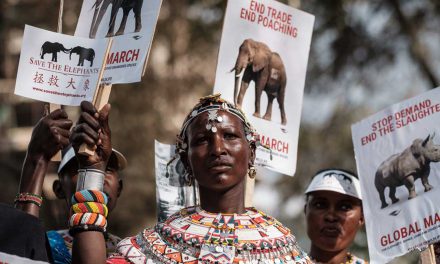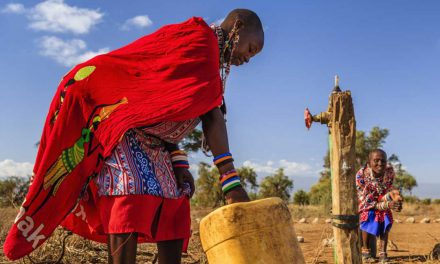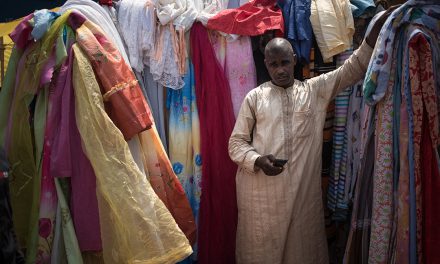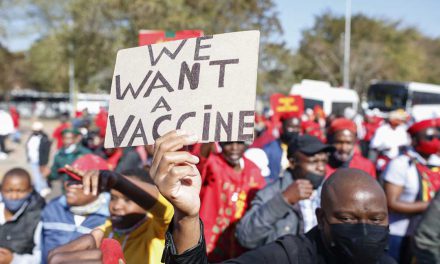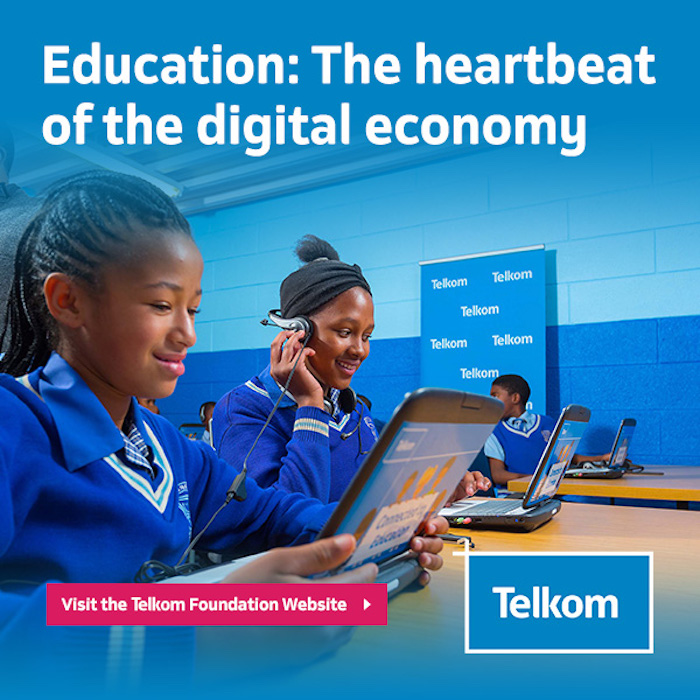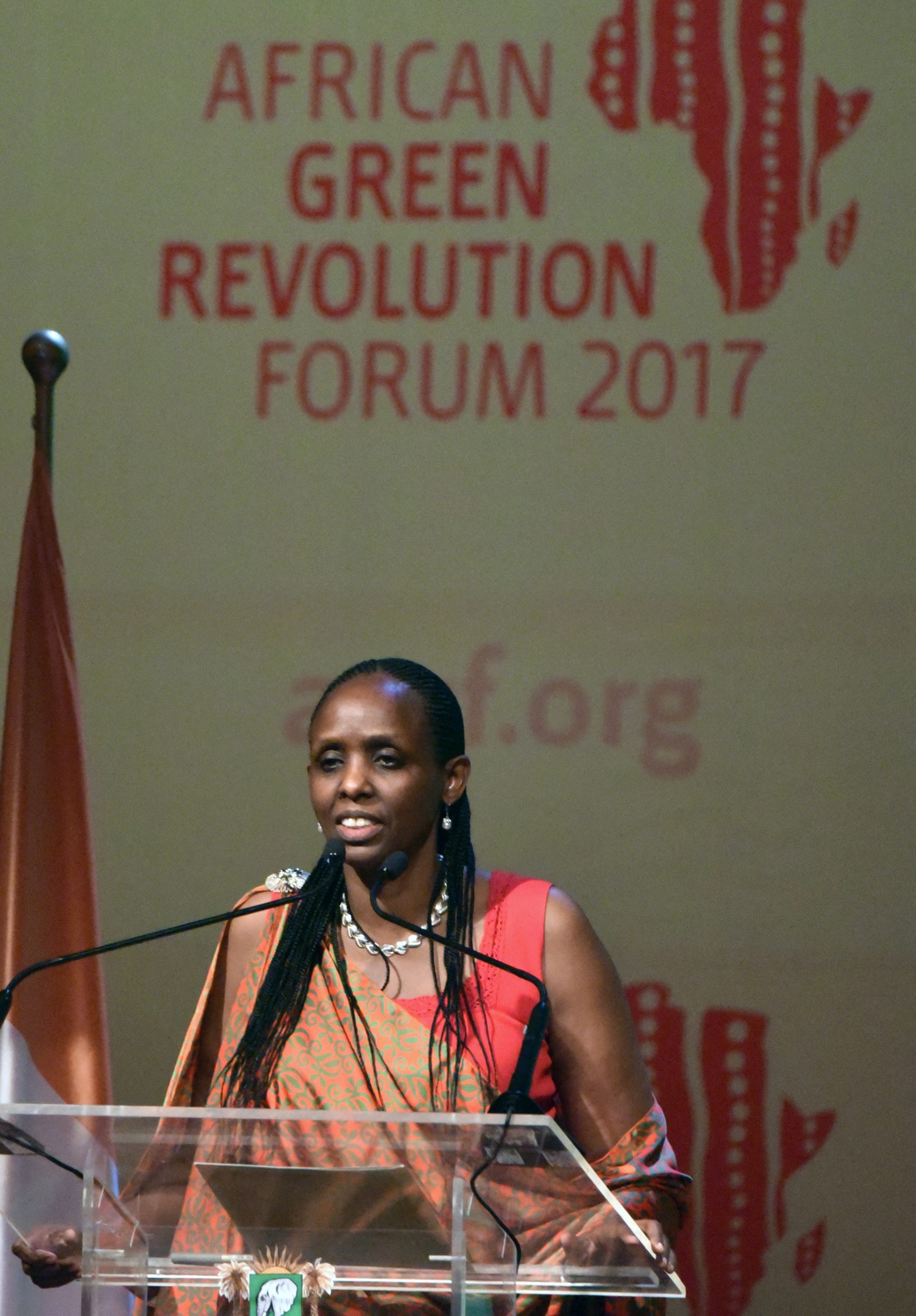
Agnes Kalibata, president of the Alliance for a Green Revolution in Africa (AGRA), speaks during the opening of the international African Green Revolution Forum in Abidjan on September 6, 2017. Photo by Sia KAMBOU / AFP)
The continent is looking to put the green agenda at the heart of its COVID-19 economic recovery, with the proposal of the African Green Stimulus Programme (AGSP) to catalyse the recovery of key sectors hardest hit by the pandemic. “The programme aims to mobilise financial and technical resources to upscale and enhance the implementation of the portfolio of blue and green economy and climate change initiatives, while identifying areas requiring new interventions to support Africa’s green recovery,” explained Balgis Osman-Elahsa, chief climate change and green growth specialist at the African Development Bank (AfDB).
The AGSP concept was proposed in December 2020 by the African Ministerial Conference on the Environment (AMCEN) as an African-led response to the recovery from the pandemic. The ministers decided to not only put environment at the centre of the recovery for its own sake, but also as a preventative measure, as COVID-19 is strongly linked to the destruction of the environment and habitats, and bringing animals into closer contact with humans.
AMCEN created a working group with representatives across a range of bodies, including the AfDB, and co-ordinated by the UN Environmental Programme (UNEP) as host of the AMCEN secretariat. David Ombisi is the lead of that working group and co-ordinator of the AMCEN secretariat and programme officer at UNEP. He is firm that his is not just another programme that will overlap or double up with stated goals of existing initiatives, such as the SDGs or Agenda 2063. That’s because the AGSP is not a new project per se, but will work in tandem with these programmes, as well as the UN Framework Convention on Climate Change (UNFCCC) to create synergies and see where efforts can be scaled up. “The AGSP will provide a framework to support environment and sustainable development initiatives but will also identify areas that will require strategic interventions.
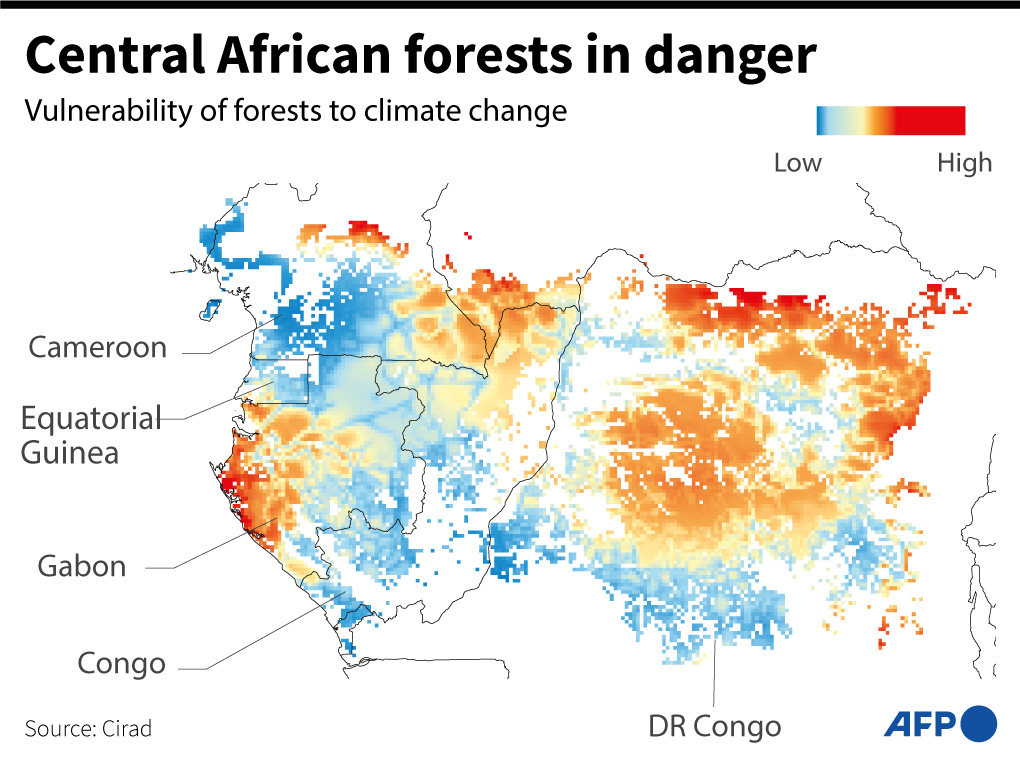
There are already ongoing programmes and initiatives, but the AGSP is going to be a framework that brings all of those together so that we can advance cooperation between countries, with non-state actors, environmental organisations and the private sector to enhance these initiatives and to increase their impact across the board,” Ombisi told Africa in Fact. A key first aim of AGSP is to survey what is already going on across the continent amongst all these different actors, and find synergies between different active programmes. “Many of the existing environment and sustainable development initiatives are fragmented in Africa, and it is acknowledged that there would be value in developing the AGSP in order to consolidate existing environment and sustainable development initiatives under one unifying, coordinated programme,” says Osman-Elahsa.
Ombisi adds that there is “so much happening (in terms of environmental action across the continent), but no-one knows what is happening. This aims to bring together all these actors.” The programme is broken down into three time periods. The first looks at immediate and urgent interventions, over the next one to two years, such as providing support to local communities, civil society, and small-scale enterprises, to mitigate against lost jobs and revenue – because of the pandemic – in green economy sectors. Next are short- to medium-term interventions spanning two to five years to provide developmental support for the physical and social infrastructure that will support the green recovery of those key sectors.
Finally, AGSP will look at longer term transformative interventions to support sustainable growth, entrepreneurial development and employment opportunities in the same green economy sectors over more than five years. With this approach, “we’re looking at COVID-19 having provided an opportunity to put us on a pathway to a more sustainable future, with the environment playing a key role,” says Ombisi. He is not alone at looking at the opportunity to fully adopt a green and sustainable focused response to the pandemic.
“AGSP is an African programme, and the bank being the leading finance institution in Africa focusing on sustainable development and poverty alleviation, it recognises that adopting a ‘green’ stimulus programme can lead to cost savings, stimulate sustainable economic growth, social stability and long-term environmental resilience in the continent,” Osman-Elahsa says, outlining the AfDB’s support for the programme and the opportunities it can offer. “The bank is, therefore, supporting the adoption of the AGSP with the aim of enabling and accelerating the continent’s overall green recovery from COVID-19 and contributing towards attaining the targets contained in Agenda 2063.”
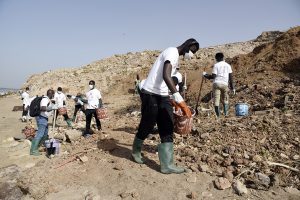
Volunteers and workers wear protective gear during a clean-up operation of medical waste thrown away by nearby hospitals on the Cap-Manuel beach in Dakar, Senagal, February 2020. Photo: Seyllou/AFP
The UNEP says that the working group is in the process of doing a costing exercise, which will give an indication of what will be required and what will be needed to scale up. This mapping exercise will also look at where funding can be drawn from, and it has already been looking at the UN and the European Union as partners, while the AfDB has expressed interest in providing resources. Individual African governments, as well as the private sector, remain possible sources of funding.
At the time of writing, the working group was due to report back to ANCEM in September and offer guidance on the next steps for the AGSP and its implementation. This will also coincide with the launch of an online platform that has been developed primarily with support from the AfDB, and will comprise a detailed portfolio of projects and programmes with links to potential support for upscaling and growth through financing or technology and capacity building.
“There is potential to significantly enhance resource mobilisation, collaboration and synergies between various programmes, and strengthening the health and environment linkages, particularly in relation to combating the emergence of zoonotic diseases,” Osman-Elahsa says. “As such, the programme is expected to bring about a unifying continental response by enhancing and forging partnerships in the support of a comprehensive green recovery programme for Africa.”
Is this stimulus programme an African green new deal, beating the United States and the West to the execution of the idea, but internationally ignored because as it’s Africa? Or is it another vague, bureaucratic programme that lacks a clear focus with achievable goals to be a meaningful roadmap? Is this an opportunity to “reset African economies on a pathway towards a more environmentally sustainable, low-carbon and inclusive development”? What practical, tangible and measurable goals and benefits will we see from this programme?
Africans will have to wait and see whether the lofty ambitions for the AGSP materialise, starting with September’s online launch.

